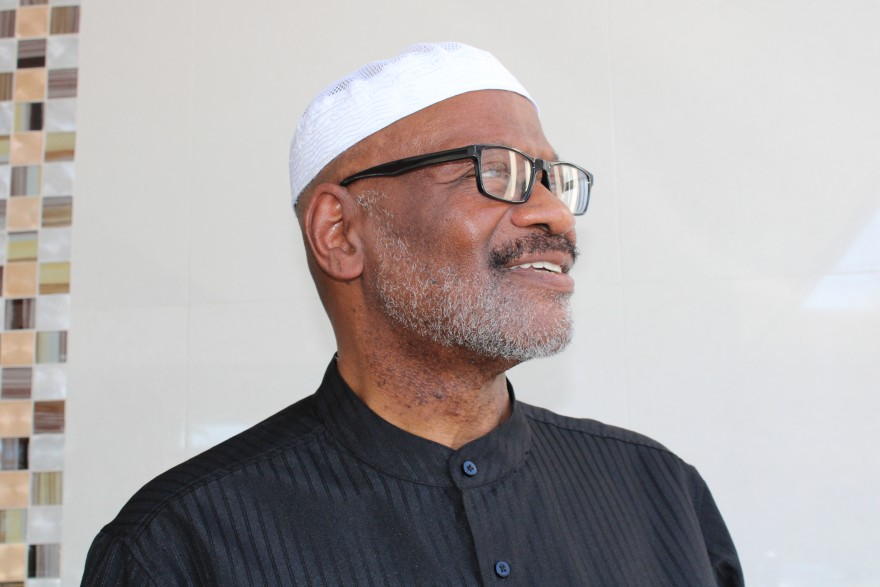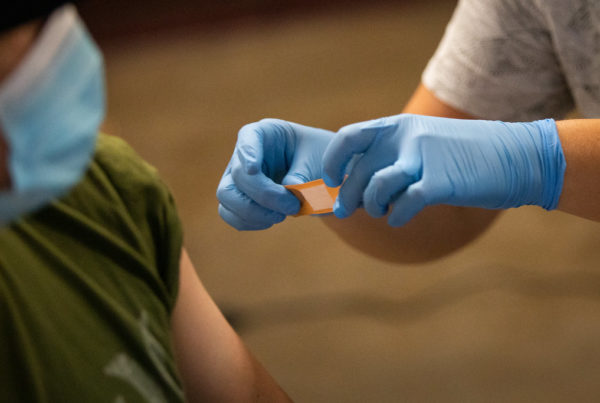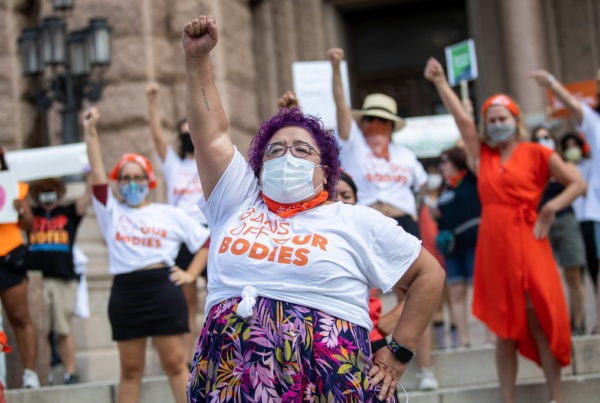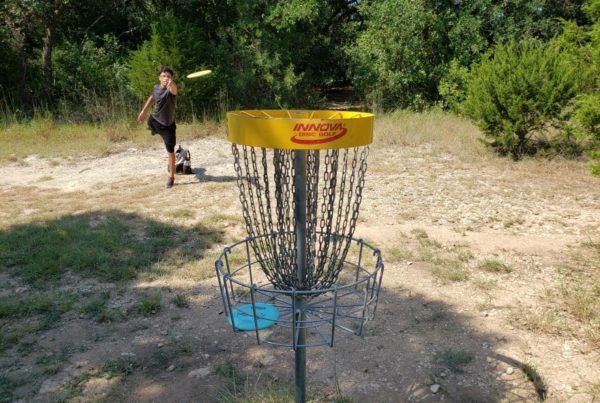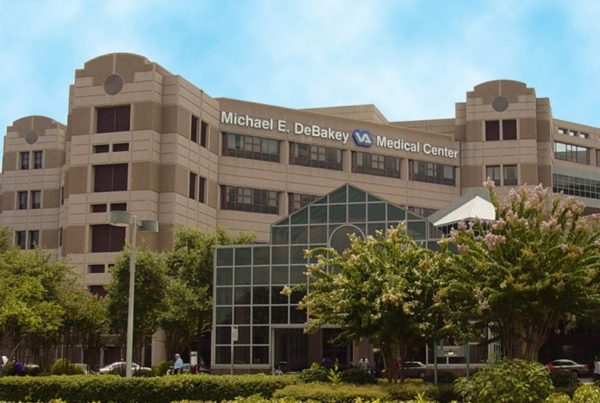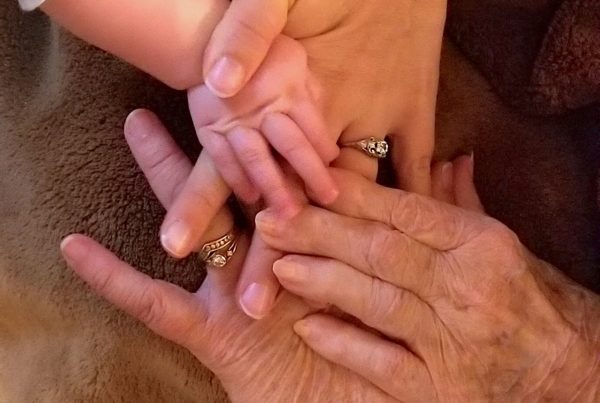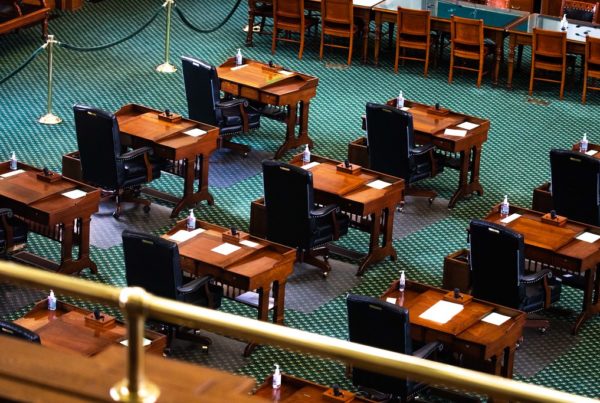From KERA:
When 9/11 happened, Carroll was at an airport waiting to catch a flight. He watched the television as smoke billowed from the Twin Towers, then a ball of flames erupted.
Soon, there was talk of a bomb. He watched the screen, silently hoping that the attackers wouldn’t be Black or Muslim.
“I tell people, being a Muslim is like being Black twice,” Carroll said. “Because you always say, ‘Oh my god, I hope he ain’t Black.’ Now I say I hope he wasn’t Black. And if he was, I hope he wasn’t Muslim.”
When the attackers were identified as Muslim, Carroll said “everything went downhill.” Suddenly, people started using disparaging language to describe all Muslims. Suspicion and misinformation were prevalent.
“‘Now you’re an invader, now you got to watch out for them,’” he recalled was the sentiment among many. “‘They might smile, they might be nice, but they’re just plotting to get you.’”
Still, the 69-year-old remembers what life was like before Sept. 11, 2001 — when there was less scrutiny of Muslims.
For most of his life, Carroll has been Muslim. He converted to the faith in his junior year at Indiana University after hearing someone talk about Islam during a speech. It was a drastic change after growing up in Baptist churches his whole life. He came from a family of preachers and even wanted to be a pastor at one point.
Years later, he still remembers the words that compelled him to convert: “Brother, Islam is for all the people.”
But after 9/11, that message of inclusion and acceptance was overshadowed. In some ways, Carroll said he feels like being Black has prepared him for the discrimination he would face as a Muslim.
“I’ve been Black longer than I’ve been anything else,” he said. “I think it’s a blessing in a sense that when you Black, and you’ve grown up in the time that I grew up in, you don’t have as much angst. You see it like, ‘Oh yeah, here they go again.’”
For some Americans, Carroll may not fit their idea of what a Muslim looks like. Many people assume Muslims are people with ancestry from the Middle East, but there are a number of white and Black Muslims in the U.S. About one-fifth of the entire Muslim population in the U.S. is Black, according to Pew Research.
As the anniversary of 9/11 rolls around, Carroll says he’s not dwelling on the event. The vast majority of Muslims didn’t have anything to do with the attacks, and Carroll says he’s tired of being held accountable for the wrongdoing of others who share his race or religion.
“You know what bothers me about 9/11? Just to put it bluntly, we have had the Klan, the Aryan Nation, the militia, blew up Oklahoma City, lynched thousands of people,” Carroll said. “They don’t have a stigma that goes to the whole race of folks. And I don’t think they should — but that same metric is not applied equally. If a Black person does any wrong, that’s attributed to the whole race.”
It’s simply unfair, Carroll said.
“I don’t feel the need, personally, to go out and denounce everything that Black folks do,” he said. “Nor do I feel the need to do it for the Muslims either. I don’t think that’s equality. Everybody should be judged on their behavior.”
Got a tip? Email Elizabeth Myong at Emyong@KERA.org. You can follow Elizabeth on Twitter @Elizabeth_Myong.


